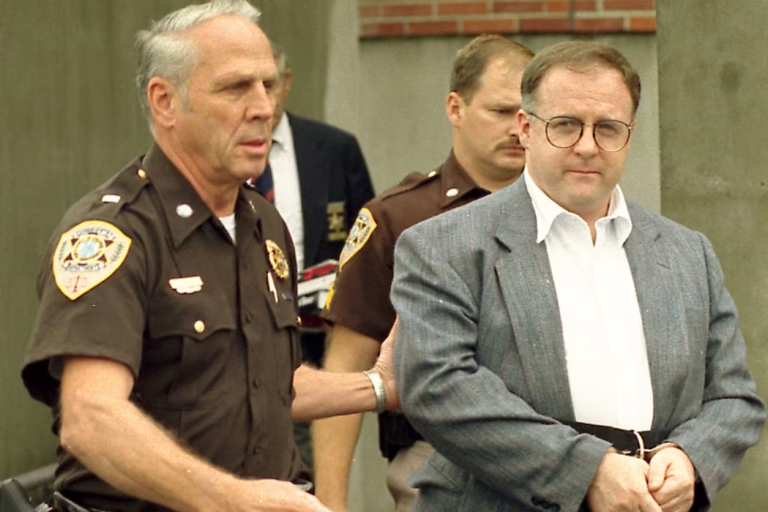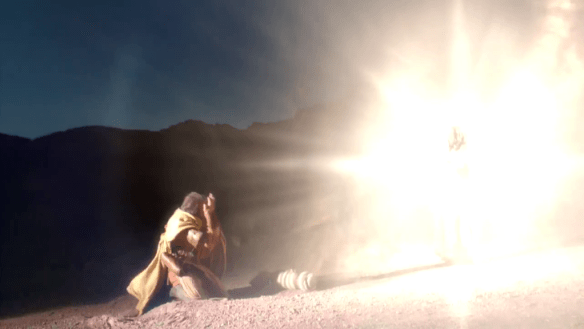In the days of sailing ships, a British fleet was heading back to England. There were known to be hazardous reefs that would rip the bottoms off the wooden ships in the area, but the officers were in a hurry to get home. One of the low-ranking sailors had been using his time on board to teach himself the rudiments of navigation, and he realized that the fleet was heading straight for the reefs.
His immediate supervisors ignored his warning. So, he broke the chain of command and approached the captain directly, and told him what he thought would happen. For his trouble, he was tied to the mast and painfully lashed half to death for being “uppity”.
Soon, the fleet hit the reefs at top speed. Ships were lost and hundreds were killed. That reminds one of this more modern example of failing to listen:
“As U.S. Army Air Corps meteorologist out of Saipan, Marshall Islands during World War II (December, 1944), Reid pieced together evidence that a typhoon was apparently developing . . . The reconnaissance that he ordered found the storm, encountered 140 kt winds and aborted an apparent eye wall penetration. Reid then identified a trough of low pressure in the storms path and predicted to his superiors that the storm would recurve into the path of the US Third Fleet. Believing that typhoons never recurve so far to the east, Reid’s superior officers chose to not believe his forecast. Reid pleaded that this was not a guess, they actually flew into the storm and measured the winds! His superior officers conceded to watch it closely but did not act to move the fleet. Reid tells me that he went so far as to place unofficial warnings (off the record) of his own which he is convinced did save lives. Then 36 hours later the storm began the recurve, just as Reid predicted and they tried to move the Third Fleet out of the way, but it was now too late. Unfortunately this resulted in one of the worst naval disasters in navy history (3 ships sunk, 28 ships damaged, 146 aircraft destroyed, 756 men lost at sea (see Henderson, 2007: Down to the Sea, ISBN 978-0-06-117316-5 for a detailed account of this incident). I suppose that this experience went a long way to shape Reid’s views on conventional thought and to compel him to dedicate the rest of his life to the science of weather and finding truth.” (Roger Pielke Sr., Climate Science)
We are told by experts in the field, men and women who have embraced poverty, celibacy, and obedience, that our souls may be wrecked upon the shoals of sin or blown away by the high winds of temptation. We should listen.








